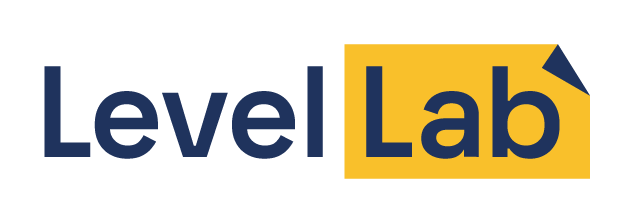Background
The Estonian Academy of Security Sciences needs to update its principles and procedures for collecting and considering feedback; the current process does not support the goal of improving the quality of education as desired. There are too many feedback surveys, they are conducted in different environments, and the analysis of the results is not consistent or evidence-based.
Objective
The goal is to develop a comprehensive feedback system and update the feedback surveys aimed at learners. The results of the work serve as the basis for the development and implementation of a new feedback collection and evaluation procedure for the Estonian Academy of Security Sciences.
Methodology
To develop the solution, a business analysis will be conducted, including interviews. Subsequently, prototypes of questionnaires will be developed, followed by the methodology for surveys, including a process description, research calendar, analysis methodology, technical implementation of data processing, and visualization solution.
Benefits
The developed solution supports the goal of improving the quality of education, being part of a broader internal and external assessment system. It will be web-based (secure and user-friendly), allowing clear visualization of results and their dissemination to different target groups. Participation in surveys will be limited to students of the Estonian Academy of Security Sciences.
Project contracting institution: Estonian Academy of Security Sciences
Project implementer: LevelLab
Duration: 12/2023 – 03/2024






